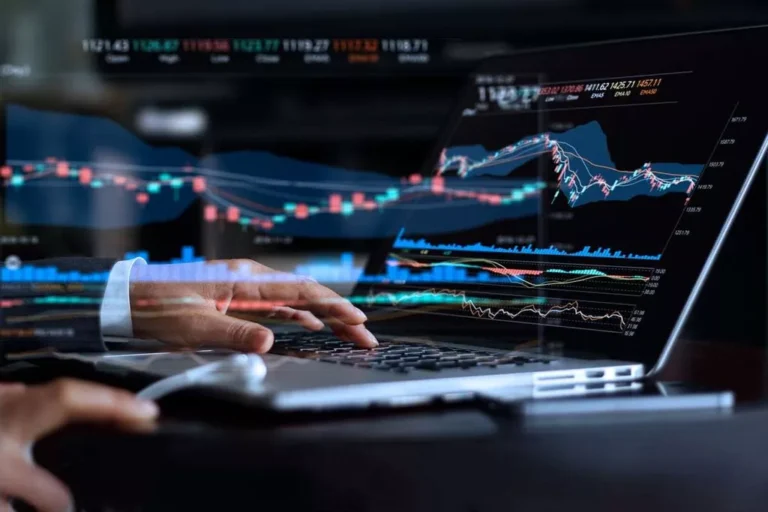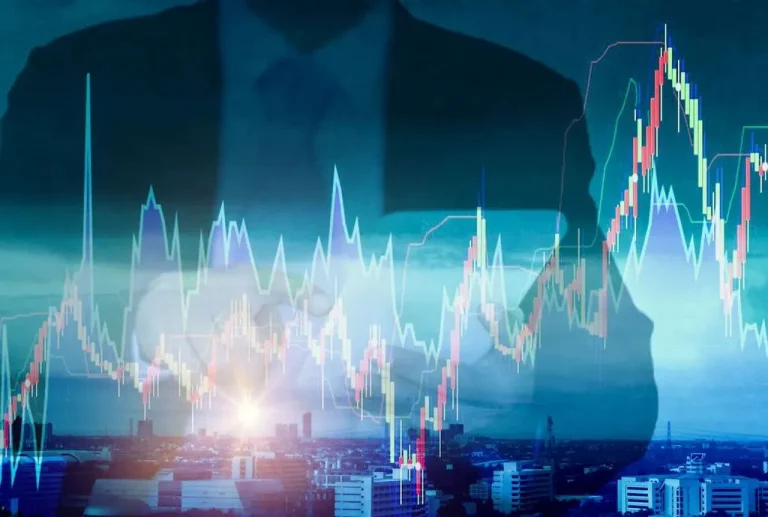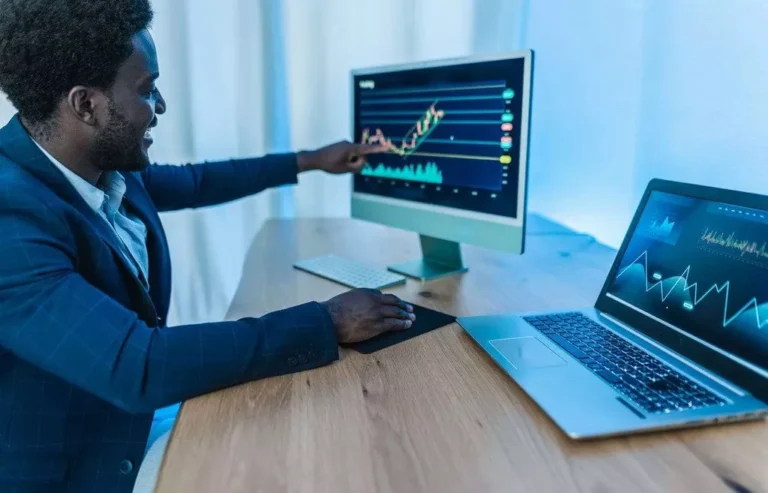Top 12 Crypto Initiatives Tokenizing Real-world Belongings To Observe
Новый сайт Вулкан Престиж казино спортивный выпрямитель
24 november 2023RedDog On line casino Review
25 november 2023Tokenization, within the context of blockchain know-how, refers again to the means of changing real-world bodily property into digital tokens that represent ownership or rights to those property. Each token is unique, indivisible, and tamper-resistant, making it a secure and efficient way to represent ownership of physical assets. Tokenization enables fractional possession, making a more liquid market for historically illiquid belongings like real estate or fine art. This allows for easier shopping for and promoting of tokenized property, rising market efficiency and reducing transaction prices real world assets crypto. Real estate tokens also provide advantages like elevated liquidity, which allows buyers to buy and sell their tokens shortly. This flexibility makes it easier for individuals to enter and exit their investments.

High 12 Crypto Tasks Tokenizing Real-world Assets (rwas) To Watchjune 14, 2024
Anything having a financial worth in the real world may be tokenized and traded on the blockchain network. The tokens that we require for trade are issued by the security token offerings. Tokenization is important for eradicating intermediaries, increasing market liquidity, and facilitating speedier transactions. Tokenization refers back to the course of of transforming possession of a physical object, similar to land, gold, or property rights, right into a digital token. Tokens function a transferable unit of worth and mirror real-world belongings. On the blockchain community, something with monetary value in the real world may be tokenized and sold.
Actual Assets Changing Industries With Tokenization
Current Market and PredictionsThe present market for tokenized RWAs is valued at approximately $300 billion, with projections indicating a attainable improve to between $3.5 trillion and $16 trillion by 2030. This development is attributed to the increasing adoption of blockchain expertise by conventional financial institutions and traders recognizing the advantages of tokenized belongings. The real property sector, traditionally known for its high entry barriers and restricted liquidity, has significantly benefitted from the arrival of tokenization. Buyers perform immutable transactions by exchanging tokenized belongings, and the investor obtains cryptocurrency. The market is expected to develop in the future years, nearly touching $4,000 billion in digital actual property ownership by 2029. Hivelance is the leading Real world asset token growth firm that has a staff of skilled developers to create yours as per your small business necessities.
Modules Of Our Actual World Asset Tokenization Platform
It also broadens the DeFi ecosystem by connecting conventional finance to decentralized protocols, therefore increasing yield-generating and risk-management potential. Overall, real-world asset tokenization growth in DeFi is remodeling finance by enhancing accessibility, efficiency, and creativity. The rise of real-world asset (RWA) tokenization marks a transformative era within the crypto landscape, offering unprecedented alternatives for traders and asset owners alike.
Why Is Tokenization The Subsequent Massive Factor In Crypto?
Those who are prepared to grasp the technology and get geared up with it’ll witness progress. Founded by consultants, Zedta is altering the sport with proof-of-skill tokenization, while Mina Blockchain is doing the same with a different strategy – tokenization of zero-knowledge proof (ZPK). Beyond this, there are the dangers – of safety and compliance non-adherence.
Real-world Assets Have Already Tokenized Lots Of Of Millions; What Industries Have Had The Biggest Growth?
Hivelance is a top supplier of tokenization companies for the industrial sector. Real-World Tokenized Assets are physical objects or rights which have been converted into digital tokens on a blockchain. This implies that things like real estate, artwork, or even shares of an organization could be represented as tokens, making them easier to purchase, promote, and trade. Tokenization permits these assets to be divided into smaller components, which means that more people can spend money on them without having some large cash. For example, as a substitute of getting to purchase a whole property, someone may buy a small token that represents a share of that property.

An Summary Of Real-world Asset Tokenization

Obtaining a license for real property tokenization platforms is often a advanced and time-consuming process. The transactional downsides are minimal, because tokenization enhances safety, encourages crowdsourcing, and provides larger returns. Tokenization additionally enables real-world belongings that had been beforehand unable to participate within the DeFi ecosystem to take action.
The platform presents Digital Asset Securities, that are digital representations of traditional financial products like fairness or debt, registered on the blockchain. By offering a gateway to a diverse vary of investment opportunities, Securitize empowers buyers to take part in beforehand inaccessible markets with ease and transparency. Real-world belongings (RWAs) in crypto check with physical or tangible belongings which may be represented digitally on a blockchain. This course of, known as tokenization, converts the possession rights of these belongings into digital tokens.
Shan is a Transact Technical Architect; in terms of options, his thoughts acts very fast to apply the solution, which never fails. He was from the technical development team; his cross-integration abilities, product scalability, stability, the efficiency made him a Technical Architect. Also, he has a unbelievable skillset of understanding the consumer requirements. He can also be adequate to supply the design, solution, and quick workaround in the short span of SLA’s. He took on challenging roles like Delivery Manager and Production support manager and delivered efficiently.
Because the tokens are recorded on a blockchain, it’s easy to see who owns what and monitor the historical past of every asset. By utilizing blockchain expertise to take care of an open record of every transaction, Real World Asset Tokenization platform allows it to view an merchandise’s entire historical past and possession details. Understand the market needs in addition to the laws governing tokenized property.
This revolutionary strategy provides enhanced liquidity, transparency, and accessibility, making high-value investments like actual estate more attainable to a broader audience. To summarise, the tokenization of real estate through blockchain technology will make it accessible to small buyers, leading to more reasonably priced prices. As demand increases, exact adoption of the expertise shall be beneficial, and cross-border commerce in actual estate will likely emerge as another influence. Asset tokenization holds the potential to revolutionize the worldwide economic system in a quantity of methods by unlocking trillions of dollars in asset value. It could reshape how asset ownership are managed, eliminating intermediaries, decreasing prices, and rising transparency.
Tokenization allows businesses to maximise the utilization of their property by unlocking value from underutilized or dormant belongings. By tokenizing these belongings, companies can generate income streams and optimize their asset portfolios. Rooba has built out robust processes to take care of an unbroken chain of custody from off-chain to on-chain. We work with business leading legislation firms, auditors, valuers and other compliance professionals to ensure a regulatory compliant token issuance.
Choosing the proper technology is crucial to execute real property tokenization. A marketplace is determined to supply the tokens, raise capital, and improve liquidity. Other than that, a custody solution is required to save the tokens and to get real-time updates on the KYC. The conditions are coded on the contract and are shared with the blockchain network. And as we know, smart contracts are self-executing once the contract phrases and conditions are met, the deliverables, i.e tokens, are allotted. Fantom is a high-performance, scalable, EVM-compatible, and secure smart-contract platform.
Furthermore, asset categories like intellectual property and carbon credit may experience elevated tokenization, broadening the scope of funding alternatives in this dynamic panorama. Traditional financial institutions are enthusiastic concerning the prospect of tokenizing property they already trade, such as gold, shares, and commodities. The outlook for tokenization appears promising, with global enterprise advisory agency Boston Consulting Group projecting that the market for tokenized assets could surge to $16 trillion by 2030.
- This reduces the risk of fraud, improves regulatory compliance, and fosters belief available in the market.
- Aurigraph DLT Tokenization platform enables the creation and administration of tokenized belongings.
- With this kind of basis it becomes more easier to accumulate newer expertise.
- With the in-built pockets, customers can easily make funds utilizing Crypto cash and FIAT.
Read more about https://www.xcritical.in/ here.